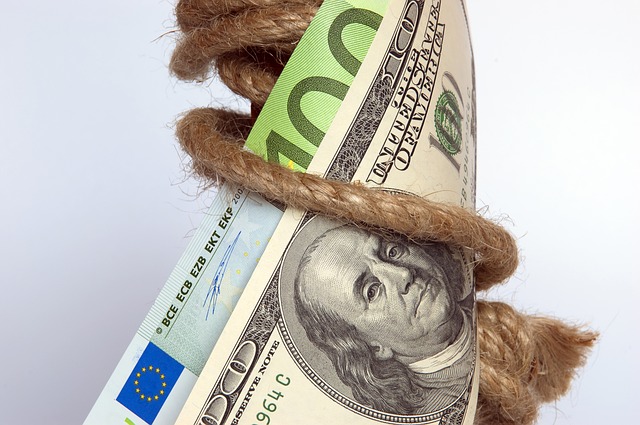Debt isn’t something that a lot of us like to talk about, but it’s something that needs to be discussed in order to be eliminated. If you have found yourself in a surmountable amount of debt don’t panic! There are a wide variety of tools and options that are available to you when it comes to realizing your dream of being debt free.
From student loans to mortgages and everything in-between, not to mention astronomical APR rates, it’s easier than many of us think for debts to start piling up faster than we can pay them off. Debt consolidation is an option that many choose as their path to financial freedom. In order to know if this is the right choice for you, it’s important to know the pros and cons of consolidating.
The Pros
- All of your debts are combined into one lump sum. Consolidation takes all of your debts and joins them into one brand new loan so you can tackle them all at once. This makes it easier to manage debt inside of your budget because you’ll only have one monthly payment to worry about, which is often lower than what you are paying for all of them now. It helps to take a lot of the stress out of debt, as well as helping to create a steady pay off plan.
- Simplifying interest rates. Each and every debt you owe comes with it’s own, often high, APR rate. By combining these debts into the new loan, you will be saving money in the long run by only having to worry about one interest rate. It will also be far less than what you are used to, often 10% or less.
Avoiding Bad Credit/Building Better Credit. Consolidating your debt helps you to stay ahead of it, avoiding potential negative marks on your FICO score or even bankruptcy. If debt has not affected your credit score yet, this is a great way to keep it from happening altogether. If it has, this is the perfect opportunity to build your score back up by making the new monthly payment.
The Cons
- You can still rack up debt. Some consolidation plans will reset your balances to zero, allowing you to use your credit cards again. It can be incredibly tempting to start charging purchases again, leading to the slippery slope that caused your debt to begin with. Always pay off your consolidated debt before taking on any more!
- Not sticking to the payoff plan. Failing to make your new monthly payment is dangerous to your credit score, and path to debt freedom. In some cases, this can lead to penalties and added interest that will increase the monthly payment. Keep in mind that this is your chance to start fresh once it is all finished, stay with it!
- Collateral and Fees. Different methods of consolidation come with different stipulations. Those choosing a home equity loan will require your house as collateral in the event that you do not make the new payment, while those choosing balance transfers will encounter high fees. It is important to decide which method of consolidation will work in your favor.
All Things Considered
Depending on your situation, debt consolidation could be the best way to finally realizing your dream of becoming debt free and getting your finances back on track. It can help build your credit, and make managing your debts easier and a lot less stressful by combining them and offering a low interest rate. Knowing the pros and cons will help you to decide if debt consolidation is the best decision for your circumstance.
